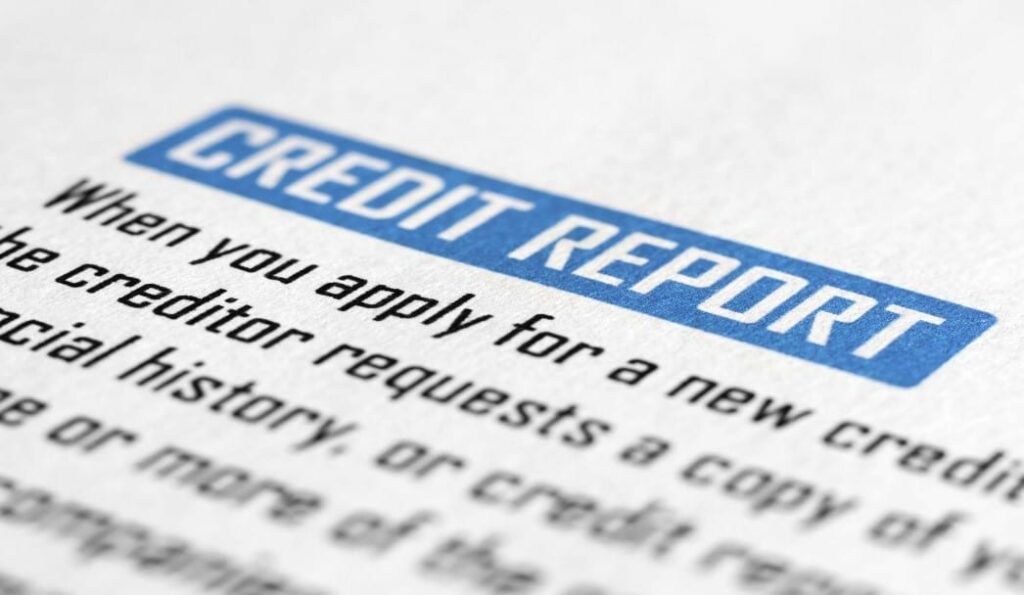If you answered yes to that question, then you’re one of millions of Australians with the same problem. Credit Reference Agencies (CRA’s) collect our credit information from Credit Reporting Bodies (CRB’s) such as banks, credit providers or Courts. These CRB’s use this specific credit data to assess someone’s ‘credit rating’ to decide whether to give them credit or extend to them a loan of some kind. A credit reference is information, such as, the name of an individual, or the name of an organization that can provide details about an individual’s past track record with credit.
The ability of these bodies to collect and retain monetary data on individuals and companies is legal, but it is controlled and governed by an individual’s ‘right’ to privacy under the Commonwealth Privacy Act.
Part IIIA of the Privacy Act (Cth) 1988 governs consumer credit reporting in Australia. It sets out the specific types of personal information that credit providers and credit reporting bodies (CRBs) are permitted to collect about an individual for the purpose of inclusion in an individual’s credit report. It also provides privacy safeguards in relation to the handling of information and imposes requirements for CRBs to take certain steps to ensure the accuracy of information they collect. For example any information collected and retained must be absolutely correct and up to date. Here are just some examples of how the Privacy Act works to ensure your protection:
Section 20N(1) states that a CRB must take such steps as are reasonable in the circumstances to ensure that the credit information the body collects is accurate, up-to-date and complete.
Section 20N(2) states that a CRB must take such steps as are reasonable in the circumstances to ensure that the credit reporting information the body uses or discloses is, having regard to the purpose of the use or disclosure, accurate, up-to-date, complete and relevant.
Section 20S(1) states that if a CRB holds credit reporting information about an individual and it is satisfied that the information is inaccurate, out of date, incomplete, irrelevant or misleading, it must take reasonable steps to correct the information.
Section 20S(2) states that if the CRB corrects credit reporting information under s 20S(1) and the CRB has previously disclosed the information, it must give each recipient of the information written notice of the correction within a reasonable period.
All of these provisions place a reasonable burden on the Credit Reporting Agencies to do their job, fairly, correctly and with the utmost care that the information is accurate.
If you need help to correct an incorrect credit reference, talk to us. We have ample experience in doing just that.
Call us on 9819 6299

